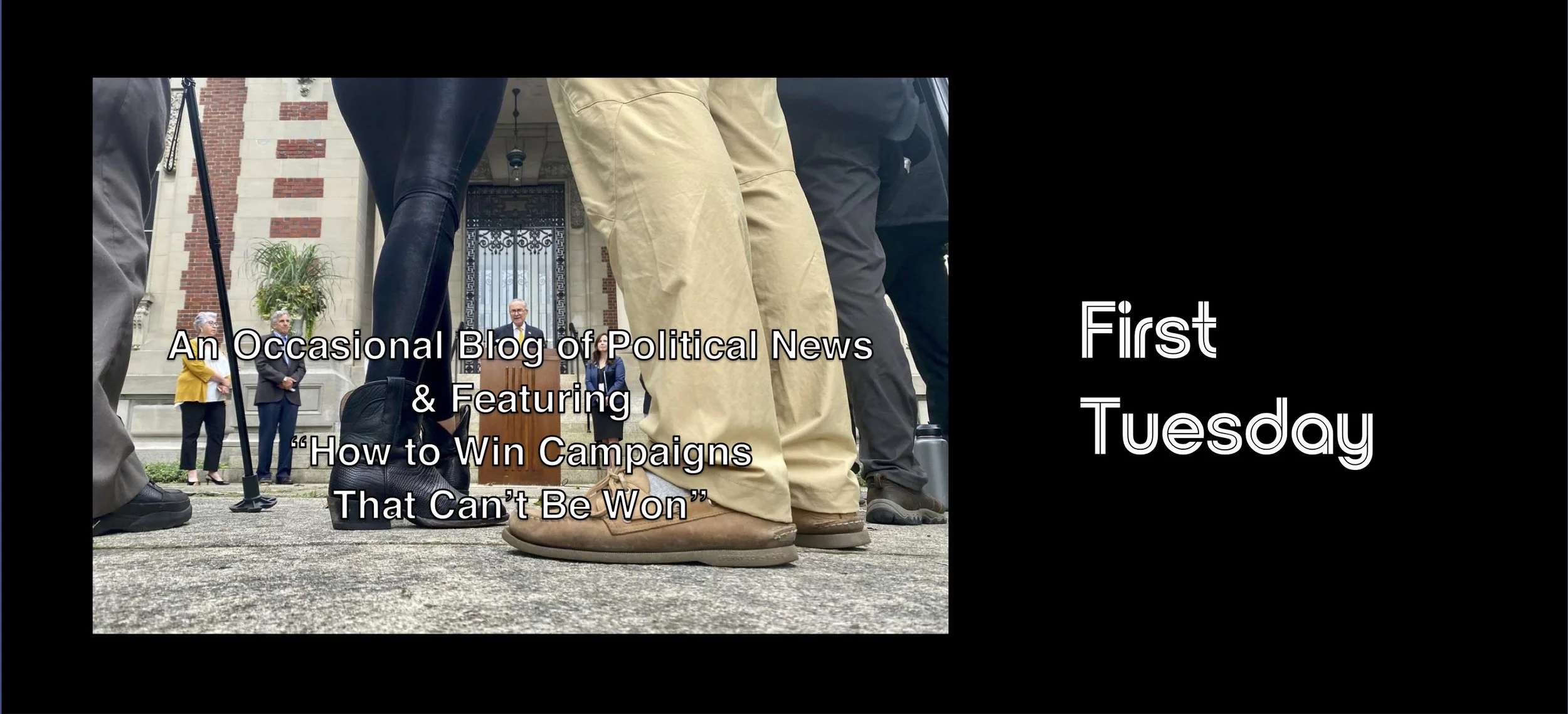You Can’t Win If You Don’t Know How to Count–Part 1
/Knowing your win number is a key part of election strategy (Photo by Mikhail Nilov)
If you’re reading this newsletter, I think I’m safe in saying that you would like to be a candidate in an upcoming election and that not only do you want to run, you would like to win.
This is part one of a complicated formula that will help get you there. And, if you can’t understand this basic building block of formulating a winning campaign, you’re path to victory is going to be a rocky one at best.
You might be surprised if I were to tell you that there is one thing necessary to winning campaigns more important than just talking to voters, but it’s true. It’s WHO you talk to and it’s the basis of a winning strategy.
It all starts with determining your win number. That is the number of votes you need to have in order to beat your opponent - 50% of total voters, plus one*. And you do that by targeting the people most likely to vote for you on election day.
The question is how do you determine that number?
Rochester Congressman Joe Morelle once told me:
“Winning all depends on knowing how to count. And, election turnout is one of the few things in life where you can foretell the future. Kind of like the weather. You can guess what voters are going to do in the future by what they’ve done in the past.”
So, to determine your win number, you look at turnout in elections that are most like the one you are going to run in**.
The biggest mistake people make is to include campaigns with turnout you WISH were like yours and not the ones that are REALLY like yours. An example would be including a presidential year when you’re running in an off-year election for your local town council.
Here’s an example that might help you better understand the concept.
In an important Rochester City Council election some years back, our candidate was running for an open seat (“open” meaning there was no incumbent running). To determine how many votes we needed to win, we took an average of several recent council elections to give us an expected turnout number. You can get the history of past elections at your County’s Board of Elections. (Or State BOE if your contest runs over county lines as it the case with state legislature elections.)
This new race promised to be particularly competitive, so we had to find every possible voter who either has voted in a like election or who might vote. To expand that universe, we looked at who voted in ANY council election from the NW District. Based upon this information we determined that anywhere from 1,450 to 1500 people vote in the NW district for City Council Elections. That meant the number of votes we needed for victory was 50% plus 1 of 1,500 votes… 751.
In the end, 1482 people cast a vote for one of the two city council candidates. We won with 52.4% of the vote … 776 votes.
Right on the money.
Want to win? Then know your win number
*Ian Philips, who has won more campaigns than I can name, is always thinking outside the box and has a modification of this number that makes sense. He advises searching for 52% plus one … just to be on the safe side. Good advice.
**It is also important because most endorsement interviews you go to will start with asking a few basic questions, among them is “What is Your Win Number”. If you don’t know it, they won’t take you seriously.

